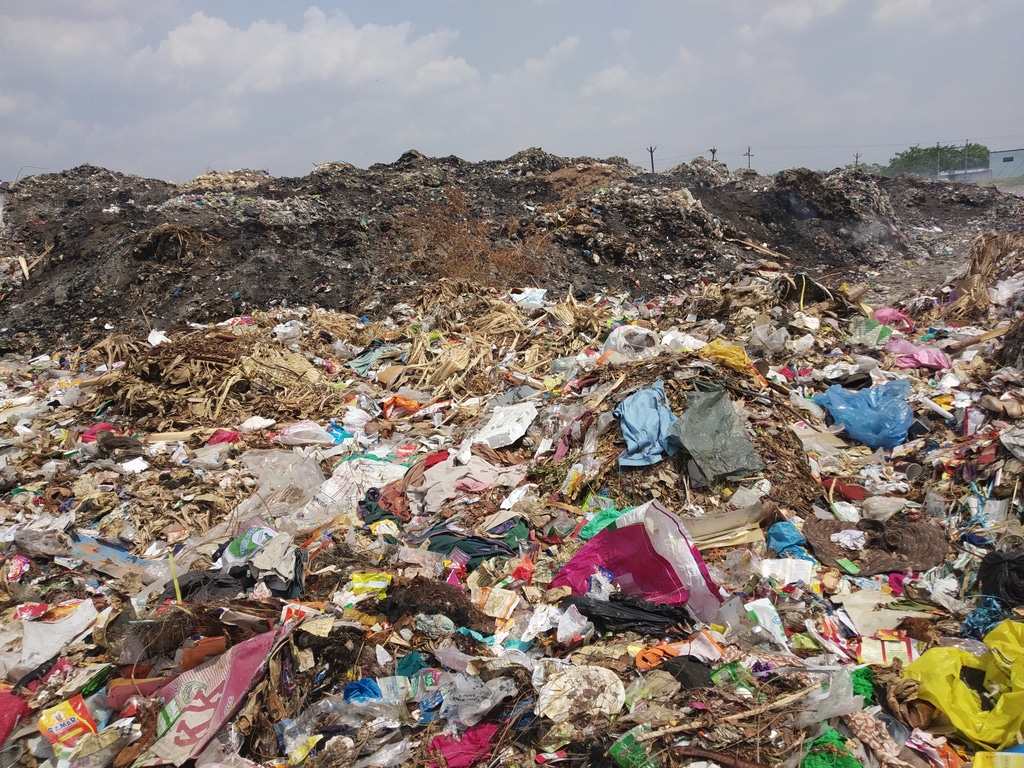A three-in-one solution. This is how the Tunisian start-up 2BK Innovation describes its product. The “Houmati” solution will be launched on 12 February 2021 in the municipality of Ezzahra, a suburb south of Tunis, the capital of Tunisia. And then it will be the turn of Sousse on February 14th, 2021. The suburb is located in the East of Tunisia. “The launch of the solution in Marsa in the north of the country and in the other suburbs will be communicated later”, says Omar Khalfet, the co-founder of 2BK Innovation.
The “Clean8” application interface©2BK Innovation
The start-up will launch its solution in collaboration with the Tunisian Internet Agency (ATI). On February 4th, 2021, a partnership agreement was signed between the two parties. The “Houmati” solution is composed of two mobile applications. The first, called “Houmati driver” is intended for drivers who drive waste collection trucks. They will be able to communicate directly with each Tunisian, particularly on the timetables. Thanks to the application, drivers will also be able to alert the municipal authorities in the event of a problem. The “Clean 8” application will be used by the population. “The information collected will enable the mapping of municipal problems (lighting, pollution…). This data will then be made available to national bodies,” says ATI. Houmati also has a web-based dashboard for resource management.
Through its project, the start-up 2BK Innovation hopes to contribute to the fight against pollution in Tunisia. The phenomenon is growing in this North African country. A few months ago, the Tunisian government excluded 23 beaches from the 2020 summer campaign because of pollution caused by the dumping of plastic waste. According to the World Wildlife Fund (WWF), the phenomenon could reach some 537 beaches in Tunisia by 2030 if nothing is done.
Digital technology to improve waste collection
The Tunisian Ministry of the Environment plans to launch a downloadable application on smartphones to report the anarchic dumping of demolition waste in Tunisia. The 30-month project (until 2023) will require an investment of €3 million (€2.7 million) funded by the European Union (EU). The Tunisian authorities also plan to build a waste recovery unit in Gabès, in south-east Tunisia. The future facility will be capable of handling 400,000 tonnes of construction and demolition waste per year.
Inès Magoum
